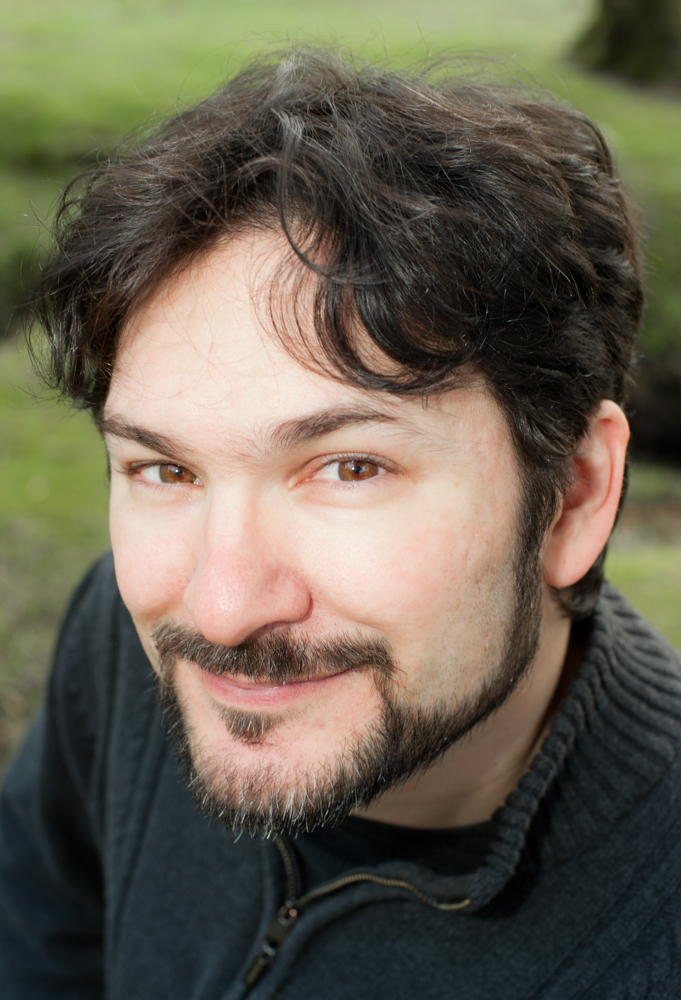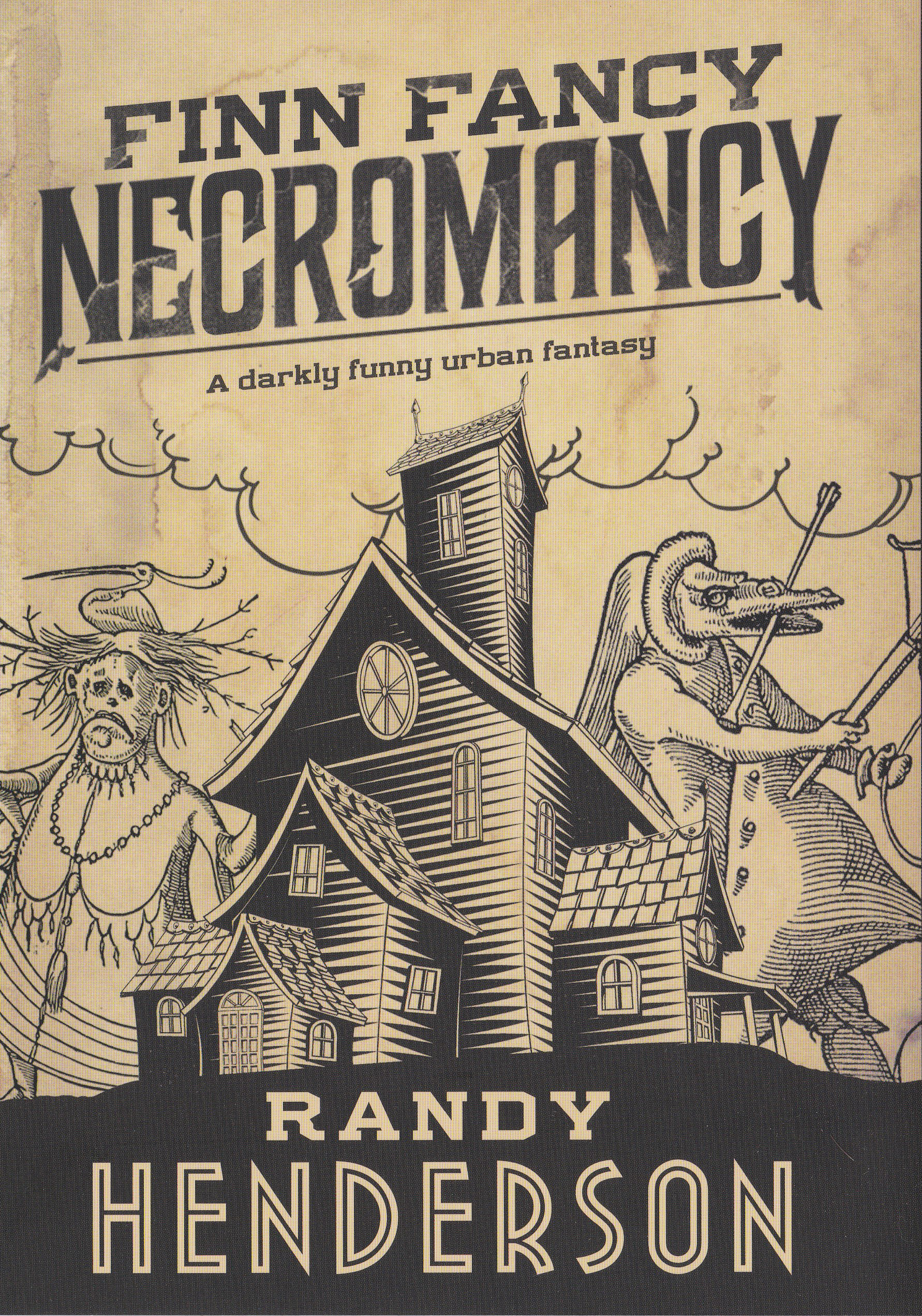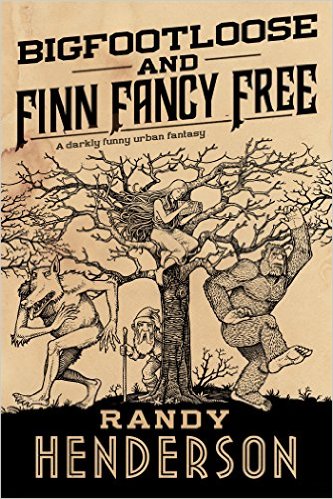Genre Cons like Norwescon have to me always been a celebration of fandom, of the genres and content we love. You do not have to be a “pro” or PhD or celebrity to do that, on or off panels.
I do see participating as a “pro” to be a humbling responsibility, and to be taken seriously.
What this means for me is I spend the weeks leading up to a con preparing for my panels, knowing that in a 50-minute panel I may only have 10 minutes total speaking time, and will need to make the most of those minutes – those minutes that everyone in the room has chosen to spend listening to this panel on this topic.
It would be disrespectful not to honor their time. This means much research and note taking and prep time, and sometimes coordination with the other panelists (especially if I am moderating). I try to never just walk in assuming I know enough to wing it.
I also try to be as entertaining as I can, so that those minutes are not boring, and people leave feeling not just informed, but also energized and excited to further explore or implement the ideas discussed.
Finally, I try to listen as well as talk, to learn from and support the audience and the other panelists and expand on their points rather than just waiting for them to finish speaking so I can make my own point. At least, I try. Always room for improvement.
This again all requires a lot of time, and during the panels it requires an enormous amount of energy, at least for me.
I am not complaining, at all. I am happy to do that work, to invest that time and energy when I feel that I have something to offer. I am paying it forward, for all the times I sat in a workshop or panel and felt inspired, or got a tip or bit of knowledge that made something click for me, that helped me get over a hurdle and on to the next level in my writing.
And again, I am participating in the excitement and love of our shared genres and artforms and that is such a joy and a privilege.
There is also a certain amount of that other kind of privilege I enjoy, both as a cis white male and as a traditionally published author, that I try to use to promote and discuss topics like diversity and access in panels or to support voices on the panel that are maybe being trampled over, which is another kind of responsibility I take seriously.
In fact, that is part of the reason why I often come prepared with handouts on the topic, for example. It is first because I, again, take my responsibility to the audience seriously. But I also want to be able to share what helpful information I can with the audience yet not take up that time speaking when there is, for example, an underrepresented or marginalized voice on the panel that I would rather support, and learn from myself.
And finally, I acknowledge that promoting oneself and one’s works is part of the benefit for being on a panel. But I don’t think it should be the motivation, or the driving purpose. The audience did not attend the panel to be sold my books. They attended to learn how to write their own books, or to join in celebrating some aspect of our genre. That is why I try to avoid, for example, using examples from my own works to illustrate points, or taking up time talking about something very specific to my work that may not be as useful to the audience as a more general example or concept.
So in short, being on a panel is a privilege, and a responsibility, and should be a joy. It is not a right, and it is not a marketing gimmick. And ultimately, it is not about you, it is about giving the audience the most informative and entertaining and inspiring experience possible.












[…] on a more practical level, I take my responsibility as a panelist seriously and wanted to be able to offer something […]